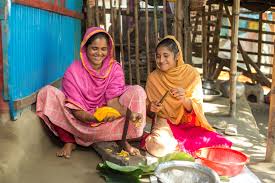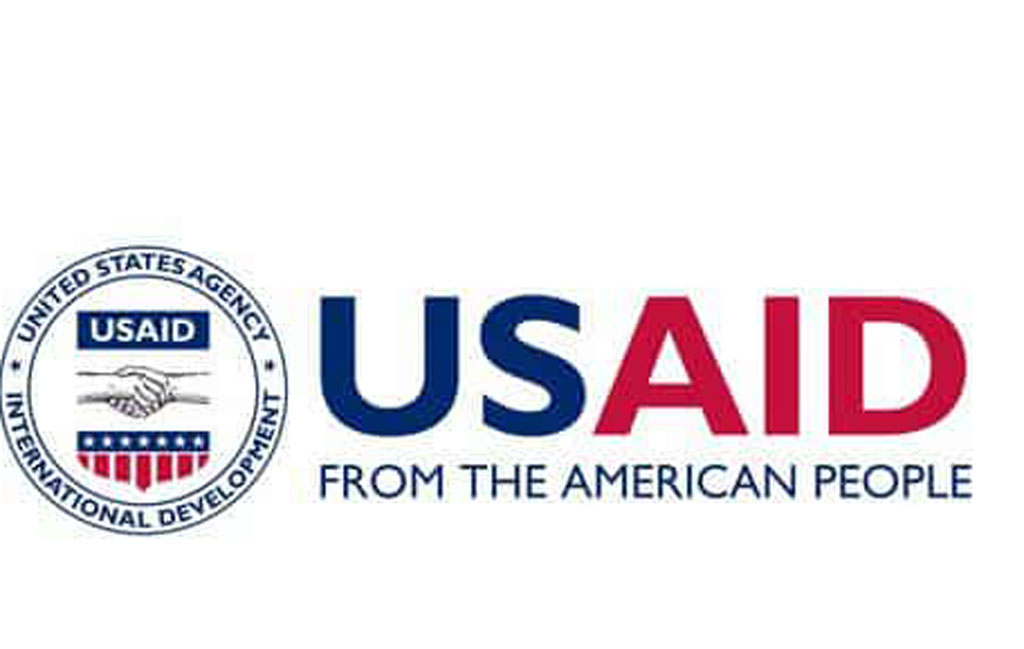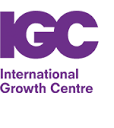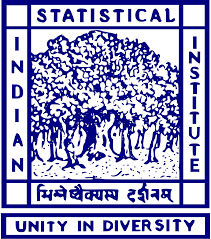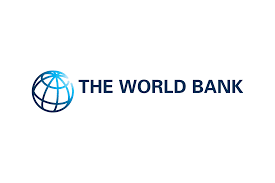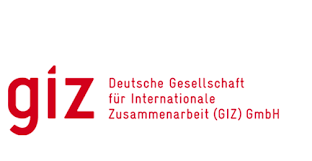Project Title: Gender Dimensions of Loss and Damage in Bangladesh: Examining the Impacts of Climate Vulnerabilities and Disasters on Unpaid Care and Domestic Work
Project Description
This study explores how climate change–induced loss and damage (L&D) in Bangladesh disproportionately affect women’s unpaid care and domestic work. Bangladesh’s geographical position exposes it to recurrent floods, cyclones, salinity intrusion, and riverbank erosion—disasters that disrupt livelihoods and heighten gender-based vulnerabilities. Women carry a substantial share of unpaid care tasks such as childcare, eldercare, food preparation, and water collection, all of which intensify during and after climate shocks.
The project seeks to generate rigorous evidence on how climate-related events reshape time use, economic participation, and health outcomes among women. By linking climate data with socioeconomic and gender indicators, the study aims to uncover systemic inequalities that worsen during crises and to inform gender-responsive adaptation and recovery policies. ECONS leads this research through an integrated mixed-methods design, combining quantitative econometric modeling with qualitative narrative inquiry, ensuring evidence that is both statistically robust and socially grounded.
Objectives of the Project
The overall goal is to understand and quantify how climate-induced loss and damage amplify women’s unpaid care burden and limit their socio-economic resilience. The key objectives are:
a. Empirical Quantification:
Measure how specific climate events (floods, cyclones, droughts, landslides) increase the time and labor invested in unpaid care and domestic work, and assess related economic opportunity costs.
b. Intersectional Analysis:
Examine how variables such as income, location, education, and household composition interact to shape women’s vulnerability to climate shocks and their care responsibilities.
c. Health and Well-Being Assessment:
Identify the physical and mental health impacts of increased unpaid work among women following disaster events.
d. Socioeconomic and Policy Linkages:
Estimate the broader socioeconomic effects—loss of income, reduced mobility, and time poverty—and translate the findings into concrete policy actions.
e. Policy Recommendations:
Produce actionable, evidence-based strategies for government and development partners to reduce unpaid care burdens and strengthen gender-inclusive resilience frameworks.
Research Design
The study uses a mixed-methods approach combining quantitative, qualitative, and geospatial analysis to understand how climate-induced loss and damage affect women’s unpaid care work.
Quantitative Analysis: Uses secondary datasets (e.g., BBS Time Use Surveys 2012, 2021; UN Women; Oxfam) with descriptive statistics, regression models, and structural equation modeling to quantify time poverty, health, and socioeconomic impacts.
Qualitative Analysis: Includes focus group discussions (FGDs), in-depth interviews (IDIs), and thematic analysis to capture women’s lived experiences and coping strategies.
Policy Analysis: Content and discourse analysis of national and international policy documents to identify recognition gaps and develop gender-responsive recommendations.
Sample Size and Study Areas
The research focuses on three climate-vulnerable regions of Bangladesh:
Northern Plains – flood-prone agricultural zones.
Coastal Belt – exposed to cyclones and salinity intrusion.
Hill Tracts – affected by landslides and water scarcity.
A total of 1,800–2,000 households (about 600–700 per region) will be surveyed, complemented by focus group discussions (FGDs) and key informant interviews (KIIs). The KIIs will involve senior officials from leading UN and development agencies in Dhaka, including the World Bank, WHO, UNDP, UNICEF, FAO, ILO, UNFPA, and the European Union (EU). These interviews will capture institutional perspectives on gender, climate resilience, and unpaid care work.

